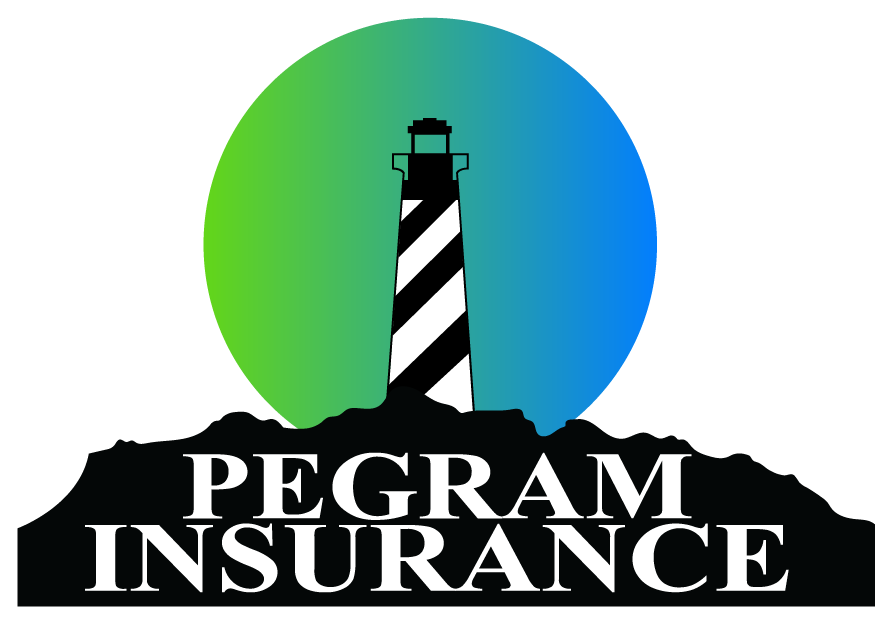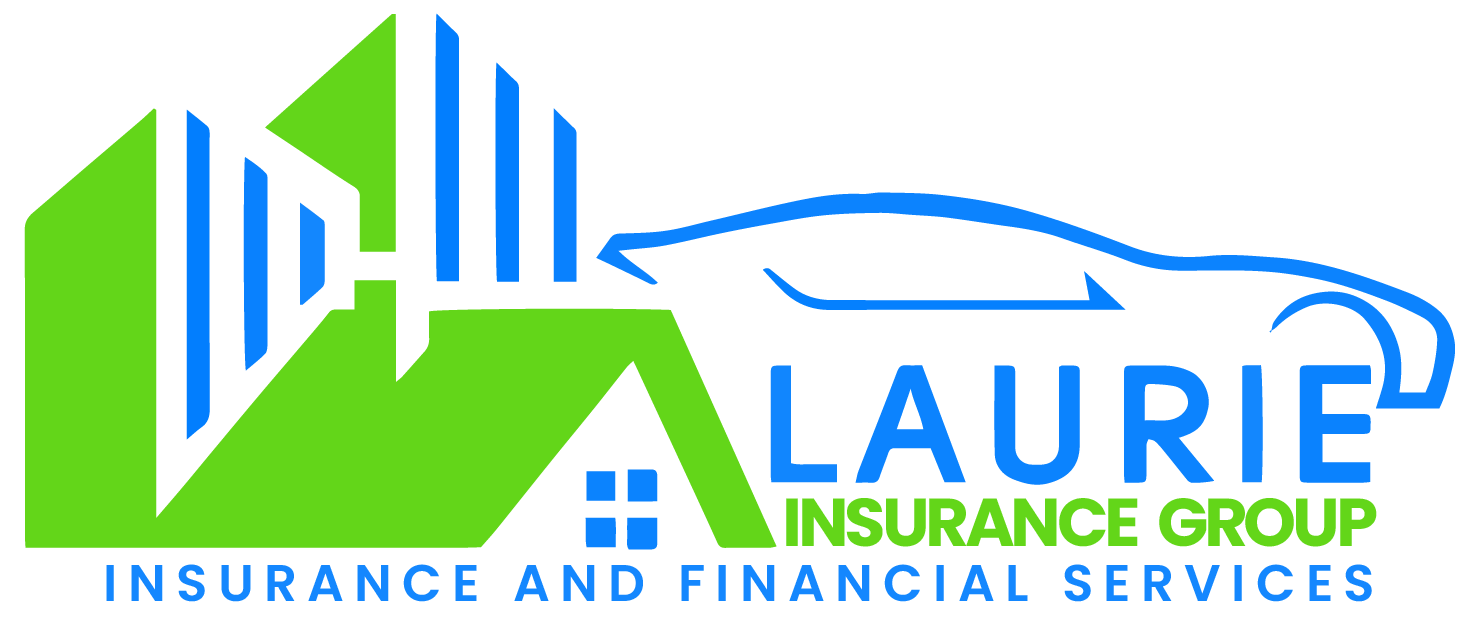
Investing in rental property can be lucrative, but it also exposes you to certain risks. As a landlord, you need to protect your investment against potential damage and liability. That’s where landlord insurance comes in. In this comprehensive guide, we’ll explore how you can use insurance for landlords to safeguard your property.
WHY LANDLORD INSURANCE?
Landlord insurance provides coverage for property owners renting out their residential properties. Unlike standard home insurance, which is designed for owner-occupied properties, landlord insurance covers the unique risks associated with rental properties.
Typically, a landlord insurance policy provides three types of coverages:
- Property Damage: This covers damage to the building and any personal property you own on the property, such as appliances and furniture in the event of fire, storm, theft, and vandalism.
- Liability Insurance: If a tenant or visitor suffers an injury on your property, liability insurance can cover the associated legal fees and medical expenses.
- Loss of Rental Income: If a covered event renders your property uninhabitable, causing a loss of rental income, this coverage can compensate for the lost revenue during the repair period.
It’s crucial to read your policy document carefully to understand the extent and limits of your coverage.
TAILORING YOUR COVERAGE
A one-size-fits-all approach doesn’t work with insurance. Your coverage should reflect the specific risks your property might encounter.
- Location-Specific Risks: If your property is in an area prone to certain natural disasters like floods or earthquakes, you should consider additional coverage, as most standard policies don’t cover these events.
- Additional Structures: Ensure that additional structures on your rental property like a shed, detached garage, or fence are also covered in your policy.
- Replacement Cost vs. Actual Cash Value: Consider whether you want a policy that pays replacement cost or actual cash value. Replacement cost coverage will pay the amount it would take to replace your property with new materials, whereas actual cash value policies consider depreciation and pay the cost to replace your property minus a deduction for depreciation.
RISK MANAGEMENT: AN OUNCE OF PREVENTION
Beyond insurance, proactive risk management can prevent minor issues from escalating into significant problems that result in insurance claims.
- Regular Inspections: Conducting routine property inspections can help identify maintenance issues before they become costly repairs. These might include leaky pipes, faulty wiring, or signs of pest infestation.
- Tenant Screening: Thoroughly screen potential tenants to ensure they are responsible and unlikely to cause damage or engage in activities that could result in liability claims.
- Safety Measures: Install safety devices like fire alarms, burglar alarms, and sprinkler systems. Not only can these measures prevent or mitigate damage, but they may also qualify you for discounts on your insurance premiums.
THE CLAIM PROCESS: GETTING YOUR DUE
In the event of a loss, knowing how to navigate the claim process can expedite your recovery.
- Notify Your Insurer: Inform your insurance company about the incident as soon as possible. The sooner you file a claim, the sooner you can receive your payout.
- Document the Damage: Take photos or videos of the damage as evidence to support your claim. This documentation can be critical in ensuring your claim is processed accurately and promptly.
- Cooperate with the Investigation: Your insurer will likely send an adjuster to assess the damage. Cooperate with them fully and provide any requested information to help expedite your claim.
Your role as a landlord comes with both rewards and challenges. With the right home insurance in place, you can protect your investment and navigate those challenges with confidence.
For more insights and information about insurance and how to ensure your coverage fits your needs, feel free to visit our homepage.
Remember, insurance policies may vary or may be updated over time. Always check with your insurance agent to ensure you have the most current and suitable coverage for your needs. After all, protecting your investment is integral to a successful landlord experience!
Contact Us!
For quotes or questions, fill out the form below and one of our agents will be in touch shortly!




